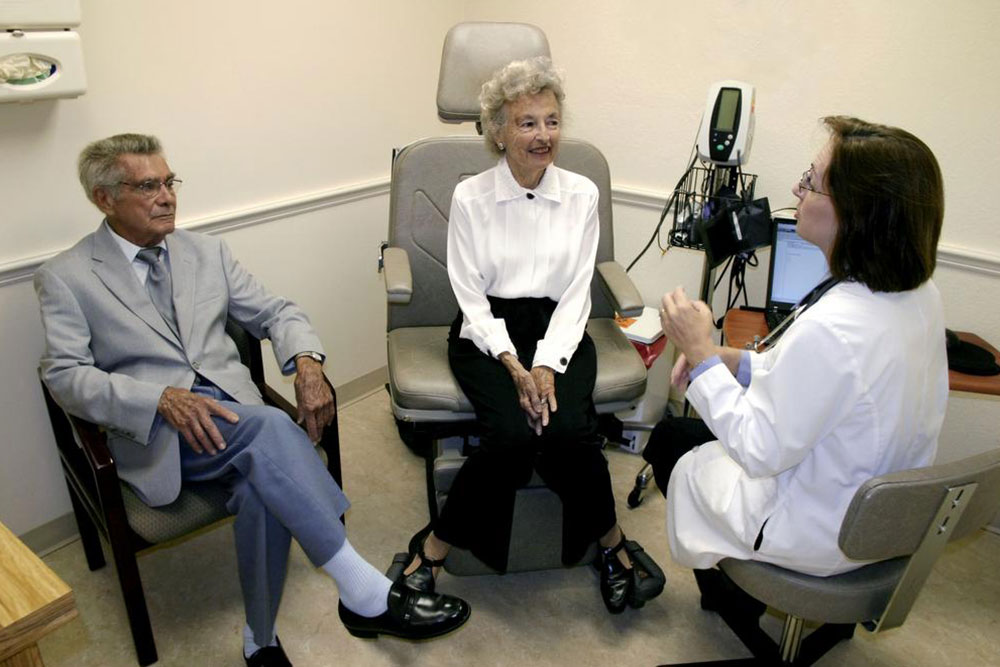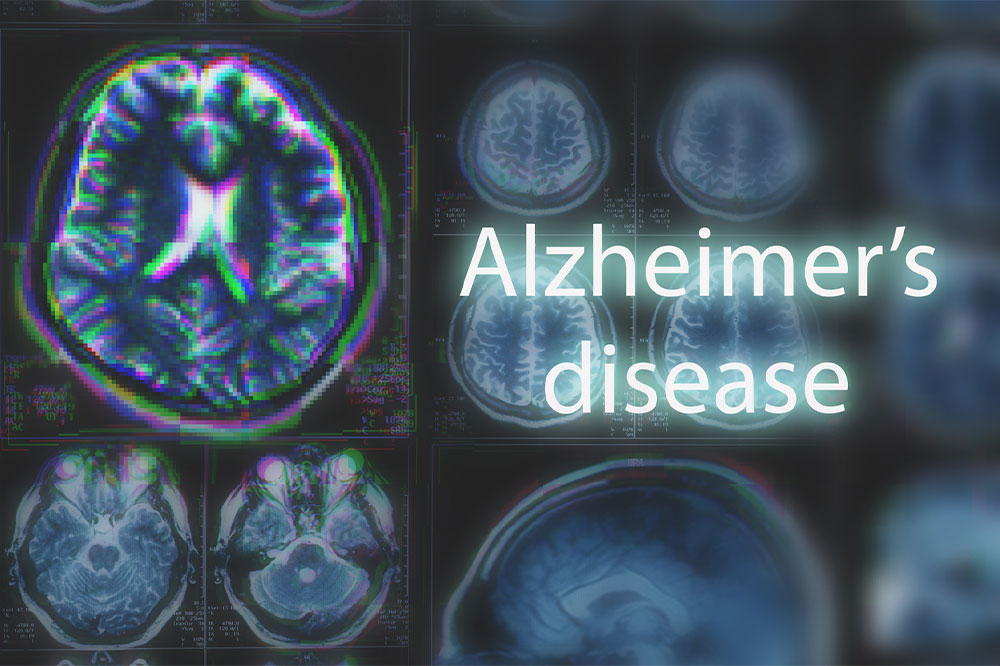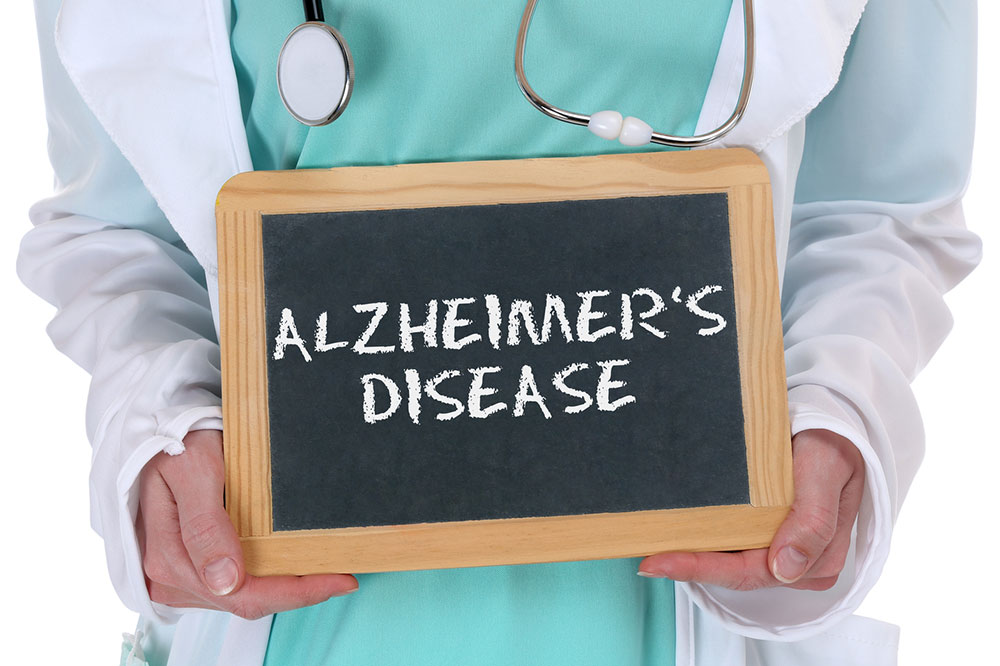Comprehensive Guide to Alzheimer's Disease: Stages, Symptoms, and Management Strategies
This comprehensive guide explores the progression of Alzheimer’s disease across eight stages, from early asymptomatic phases to severe decline. It emphasizes the importance of early diagnosis, management strategies, and lifestyle changes to slow progression and improve quality of life. The article offers insights into symptoms, caregiving needs, and prevention methods, helping patients and families make informed decisions about care and support for this complex neurodegenerative disorder.

Comprehensive Guide to Alzheimer's Disease: Stages, Symptoms, and Management Strategies
Receiving an Alzheimer's diagnosis can be an emotionally challenging experience for patients and their loved ones. This neurodegenerative disorder is characterized by a gradual decline in cognitive functions, including memory, reasoning, and perception. Understanding the progression of Alzheimer's disease through its various stages is crucial for timely intervention and effective management. While individual cases may vary, the disease typically progresses through distinct phases, each with unique symptoms and care requirements. Below, we explore in detail the eight stages of Alzheimer’s, from early signs to advanced decline, along with strategies for management and prevention.
Preclinical Stage
The earliest phase of Alzheimer’s is often asymptomatic, meaning there are no obvious signs of memory loss or other cognitive issues. During this period, abnormal biological changes might occur in the brain—such as the accumulation of amyloid plaques and tau tangles—that precede symptoms by years or even decades. At this stage, establish a baseline of cognitive health, especially if there's a family history or genetic predisposition. Advanced medical evaluations, including biomarker testing using imaging scans or cerebrospinal fluid analysis, can detect early abnormalities, offering opportunities for early intervention.
Normal Forgetfulness and Early Warning Signs
For individuals over 65, occasional forgetfulness—like misplacing keys or missing appointments—is common and often benign. However, during the initial stages of Alzheimer’s, these lapses become more frequent and noticeable, distinguishing them from normal aging. Early symptoms might include forgetting recent conversations, struggling to find the right words, or losing track of objects more often. Recognizing these signs early can lead to prompt diagnosis, which is vital for managing the disease effectively.
Mild Cognitive Decline (Mild Alzheimer’s)
This stage can last approximately 7 years and gradually becomes more evident over 2 to 4 years. Individuals begin to experience noticeable issues such as difficulty recalling names, losing track of appointments, or experiencing decreased concentration. These symptoms are subtle yet disruptive enough to affect daily life. Family members often notice these changes first, prompting medical evaluation. Early diagnosis allows for interventions that can slow progression and improve the quality of life.
Moderate Decline
Spanning roughly two years, this phase is characterized by clearer, more persistent symptoms. The individual may experience mood swings, increased confusion, and difficulty handling complex tasks such as managing finances or preparing meals. Short-term memory problems become more severe, and patients may forget important personal details or recent events. Behavioral changes like agitation, irritability, or withdrawal from social activities can also emerge. Caregivers need to provide increased support during this time, focusing on maintaining safety and dignity.
Moderate Dementia
Over approximately 18 months, symptoms intensify, and individuals become heavily dependent on caregivers for routine activities. Problems with dressing, hygiene, and recognizing familiar faces become common. Despite these challenges, some basic functions like walking or eating might still be preserved. Communication difficulties increase, with patients struggling to find words or follow conversations. Challenges in memory recall are pronounced, yet some recognition of loved ones may still remain. Professional support and structured routines can help manage symptoms and reduce agitation.
Severe Alzheimer’s Disease
This stage, which can last up to two and a half years, demands constant supervision and care. The individual’s ability to care for themselves diminishes significantly. They often become incontinent, lose speech, and show profound memory loss—recalling only perhaps a few words or familiar images. Motor functions decline, leading to difficulties in movement and swallowing. This phase is associated with heightened needs for assistance in all aspects of daily living. Medical management often involves palliative approaches aimed at alleviating discomfort and preventing complications.
Affected individuals require assistance with dressing, grooming, and personal hygiene.
Oral care and temperature regulation become challenging without support.
Incontinence necessitates ongoing management and comfort measures.
Progressive speech loss hampers communication, increasing frustration and isolation.
A common symptom is becoming fearful or anxious when alone due to confusion or disorientation.
Final Stage (End-Stage Alzheimer’s)
The terminal phase, lasting 1 to 2.5 years, involves complete dependence on caregivers. Patients may lose the ability to communicate altogether, recognize loved ones, or control their movements. Muscle rigidity and other physical symptoms often lead to severe discomfort, pain, and increased vulnerability to infections. Palliative and supportive care aim to improve comfort and dignity as the disease progresses toward death. Management focuses on symptom relief, preventing complications, and ensuring quality of life in the final days.
Strategies for Managing and Preventing Alzheimer’s
While there is currently no cure for Alzheimer’s, early diagnosis and lifestyle modifications can significantly impact disease progression and quality of life. Adopting a healthy diet rich in antioxidants, omega-3 fatty acids, and vitamins can support brain health. Regular physical and mental exercises help maintain cognitive function and delay decline. Medications like cholinesterase inhibitors and memantine can temporarily support neurochemical balance, reducing symptoms or slowing progression in some cases. Additionally, managing cardiovascular risk factors—such as hypertension, diabetes, and smoking—can decrease the likelihood of developing Alzheimer’s.
Early detection is vital, as subtle cognitive changes often precede more obvious symptoms. Patients and families should stay vigilant and seek neurological consultation if early signs appear. The average disease duration after diagnosis ranges from 4 to 8 years, emphasizing the importance of ongoing care, support, and planning. Resources like support groups, occupational therapy, and community services can help patients and caregivers navigate the complexities of Alzheimer’s management effectively.





